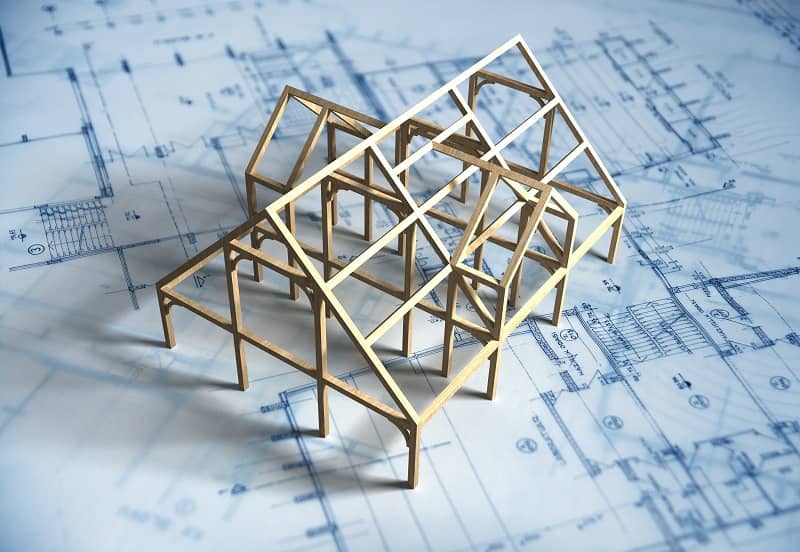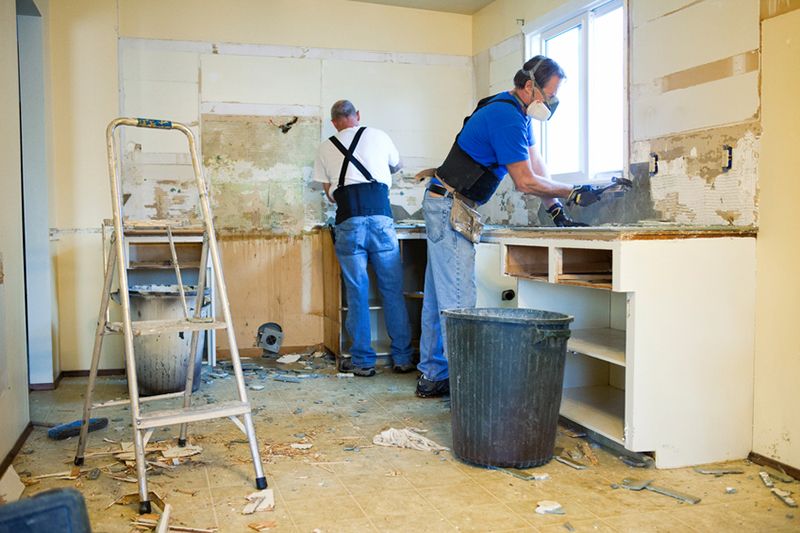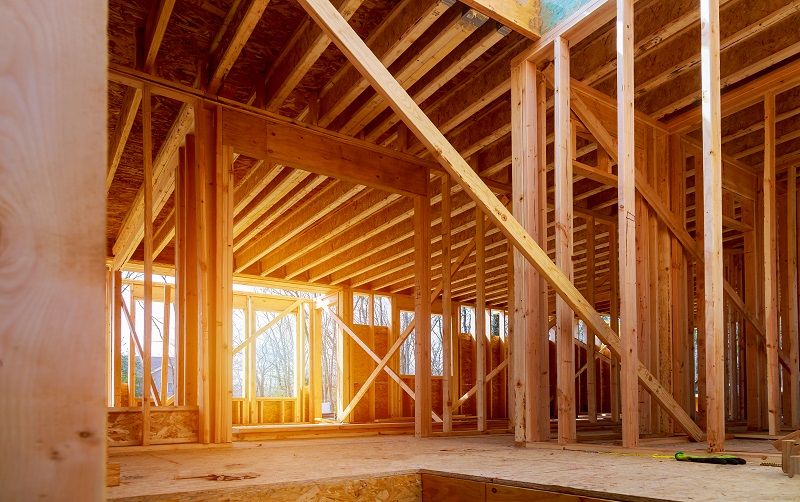All construction projects begin as an idea before going through various stages of development and evolution to become the finished product. The ultimate goal is to have the final results sticking as close as possible to the project’s initial vision while remaining within time and budgetary constraints. Although most of the leg work is performed on the job site, the foundation for the project is set even before breaking ground. A key strategy for doing professional-quality work on a consistent basis is pre-construction planning.
What is pre-construction planning?
Pre-construction planning is the initial strategizing, organizing, and scheming completed before a job begins. The whole point behind this preliminary planning phase is to ensure everything is ready to go so you can mitigate costly delays and hiccups after the project is underway. During this time, project managers should meet with their clients, management team, and craftsmen to get everyone on the same page. By the time this planning phase wraps up, you and your team will have everything you need to hit the ground running.
What’s included in pre-construction planning?
There’s no industry-standard formula for pre-construction planning; the specifics will vary from job to job. But there are some fundamentals that should remain present in any preliminary organization phase.
Project Scope
The first step in pre-construction planning is clearly defining the project. By carefully examining the full scope of the job, project managers can gain a better understanding of the resources and manpower needed to pull off the gig. Once you clarify expectations with your client, you should start compiling everything you need to get the job done right.
Pro Tip: If you find yourself short on craftsmen for an upcoming project, consider outsourcing the hiring to an experienced construction staffing agency.
Timeline & Scheduling
One of the most important metrics by which to organize your construction project is the client’s deadline. From the moment you start planning to the defined due date will act as your project timeline. Within these confines, you’ll create a schedule to ensure everything gets done on time. You’ll most likely have to make adjustments as time goes on, but having a preliminary schedule will get everyone started off on the right foot, setting an organized tone for the project.
Budget Estimations
Preliminary cost estimations will make it easier to stay within budget. Project managers might not have access to precise numbers this early in the project, so it’s important to work with the knowledge that everything’s a rough calculation.
Potential Obstacles
Issues are going to arise on the job site. There’s no way around it. However, you and your team can prepare for these potential problems ahead of time. Once you have the project scope fleshed out, brainstorm some possible difficulties with your team along with the best solutions for overcoming these challenges. When something does occur, you’ll be in a better position to recover quickly.
What are the advantages of pre-construction planning?
- Gaining a better understanding of client demands.
- Getting everyone on the same page with a shared vision for the project.
- Determining all of the manpower and resources you’ll need to complete the project.
- Estimating the timeline and budget of the project.
- Preparing for potential setbacks for smoother project execution.
Too much pre-construction planning isn’t good.
As with all productivity strategies, you can have too much of a good thing. Spending too much time in the pre-construction planning phase of projects can end up having a negative return. In fact, a World Academy of Science, Engineering, and Technology (WASET) study concludes that teams spending just one-third more time than average on pre-construction planning can expect to see schedule setbacks rather than improvements. In other words, planning has a point of diminishing returns. It must remain efficient and productive to have a net-positive impact on the project.
One of the most fundamental parts of carrying out a project successfully is having the best team. You don’t just need the right number of people. You need the right craftsmen and the appropriate skills for the job. For decades, Madden Craftsmen has been helping construction businesses and project managers find the most experienced and skilled employees. Feel free to contact us today to learn more about how we can help your business succeed. Let’s build something together.




